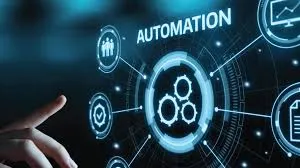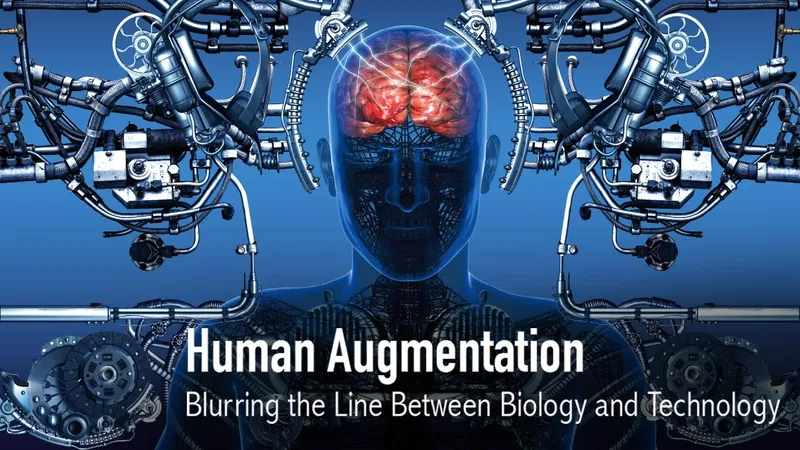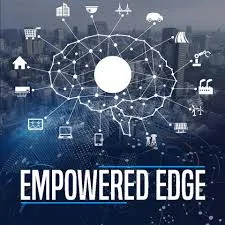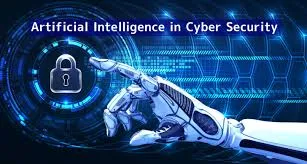
This is a user generated content for MyStory, a YourStory initiative to enable its community to contribute and have their voices heard. The views and writings here reflect that of the author and not of YourStory.

Technologies Which Will Change the Market in 2020

This is a user generated content for MyStory, a YourStory initiative to enable its community to contribute and have their voices heard. The views and writings here reflect that of the author and not of YourStory.

Year 2020 is the digitization era, which will witness the emergence of new advanced technologies that will certainly impact organizations. Technologies have an immense capacity to change lives. These new technologies are bringing revolutionized changes in our lives. Moreover with them the process of streamlining the work has become more easy and convenient. Thus increasing the efficiency and helps in creating business strategies and solves the real-time problems.
Therefore the adoption of these upcoming technologies trend in the business will give an edge above the competitors and will give an anchor to remain relevant in the competitive ocean.The continuous changes in the technologies and innovations being done have changed the market and business activities a lot. This tremendous growth has resulted in automation which will abolish near around 75 million jobs by 2030.
As per the reports shared by Statista, the extensive market of information technology is anticipating a growth of $847 billion by 2021. 50% of tech growth worldwide is because of emerging technologies such as IoT software and hardware, AR/VR, robotics, AI, big data, and next-gen security. Businesses are investing in new technology due to end of life (62%), to refresh cycles (52%), for business growth (52%), to support end-user needs (47%), to meet project needs (46%), to leverage new tech features (31%), and software compatibility (30%).
As per the above-stated facts, it is completely clear that adaption of new innovations and technologies not only enhances the business processing but also affirms its place in the market. Now let’s take a look over the emerging technologies that will help the industries in achieving considerable results.
1. Automation

Automation is the application of advanced technologies like artificial intelligence (AI) and machine learning (ML) for process automation in a significant manner which is more impactful than that of traditional automatic capabilities. It includes multiple tools like robotic process automation, intelligent business management software, artificial intelligence and other advanced tools with a prime objective of increasing AI-enabled decision making. Further with automation human-centric smart space can be created. It is an environment where humans and technology-enabled systems coordinate and interact with each other.
With this technology, businesses can measure their performance against their rivals, improve the products and offerings and also can draw insights for making business operational strategies.
2. Democratization

The term Democratization refers to providing people with access to technical knowledge or expertise such as programming language learning, application development or domain expertise such as sales process without investing much in rigorous and costly trainings. Key focused areas are:
- Customized application development
- Data Analysis
- Democratization of Design
- Knowledge transfer
It is also referred to as citizen access. Hence enables developers for generating data models without possessing expertise and understanding of data scientists. It allows people to create code that is focused to artificial intelligence and helps in automating the testing process. Therefore with the democratization process, the technological access is now easy and is helping in enhancing the user experience with a detailed knowledge of the specific field.
3. Human Augmentation

The term Human Augmentation refers to the use of technologies like AR and VR to enhance the cognitive and physical experiences of the end-users. The physical experience of end-users can be improved by changing the inherent physical capabilities by placing a technological element on human bodies. Wearable devices like smartwatch are the ultimate example. On the other hand, cognitive automation is there when applications are exploited on traditional systems and information is accessed from a multi-experience interface in smart spaces.
According to Statista, the wearable devices segment is in high demand. Moreover, it is expected that the market of these wearable connected devices will experience a jump from 526 million to near around 1.1 billion in 2022. Big market players like Samsung, Fitbit and Apple are holding a good share in the wearable devices segment. These virtual reality-based devices, if used effectively, can be an interactive medium for increasing productivity and maintain efficiency.
4. Blockchain

The term Blockchain refers to the digital information which is stored in a public database. This is the emerging technology in software development which uses a distributed database system to record the transactions. With blockchain technology industries can redesign the business workflow by providing transparency, enabling value exchange, minimizing transaction settlement time and enhancing the cash flow. Blockchain model consists of the following elements.
- Shared and distributed ledger
- Immutable & traceable ledger
- Encryption
- Tokenization
- Distributed public consensus mechanism
Statista forecasts suggest that revenues generated by the global blockchain technology are anticipated to reach at massive growth of 24 billion U.S. dollars by 2023.
5. The Empowered Edge

Gartner defines edge computing as “a part of a distributed computing topology in which information processing is located close to the edge where things and people produce or consume that information.”
Edge computing has certainly transformed the way data is handled, processed and delivered to million devices around the world. The benefit of edge computing is that it processes and stores data faster, enabling more efficient real-time applications that are critical to companies. It is expected that there will be 21 billion connected sensors and endpoints by 2020. Moreover, the global autonomous vehicle marketplace is anticipated to grow to $557 Billion by 2026.
6. Artificial Intelligence Security

It is the widely implemented new technology which helps the business is growing and operating with various industries smoothly. It provides a platform where the developers can create great opportunity using machine learning and delivering transformation. Artificial Intelligence systems help in securing various data of machine learning modules, AI training modules, enhances security defense, eliminate cyber-attacks by automating cyber security process. With driving the business growth this new technology minimize the infrastructure cost too.
7. Clarity in transactions and Data Protection

Now consumers are more concerned about their personal information and know-how valuable it is. The clarity in transactions and data protection has become the necessity of this digital era. Organizations are now designing various algorithms and firewalls to minimize the risk of loss of customer’s personal data. Also the government has implemented strict legislation to ensure that the companies have strict database management system. The clarity in transactions and data protection are essential elements to support digital ethics and privacy needs. The main focus areas are:
- Ethics
- Integrity
- Openness
- Accountability
- Competence
- Consistency
As General Data Protection Regulation is being implemented, organizations are dedicatedly securing their data.
Conclusion: Technology and innovation have become an integral part of life today. In order to take your business venture to new exciting heights, it is essential to adopt these emerging trends to be a survival in this fast-moving digitalization era.



